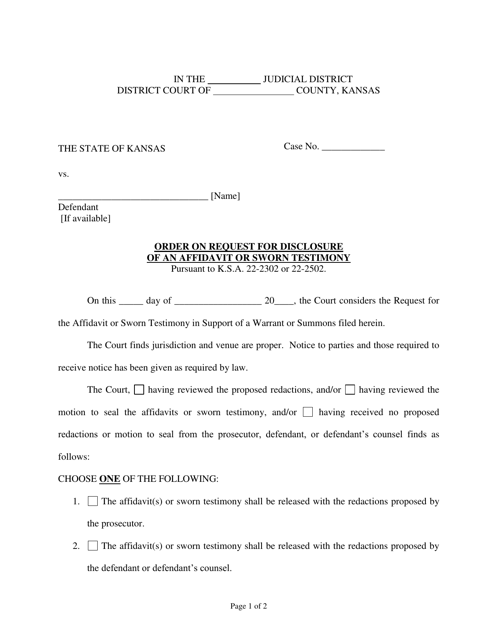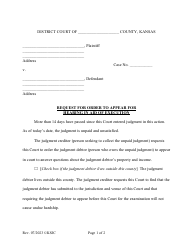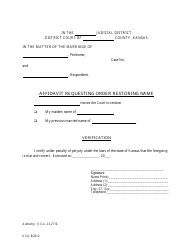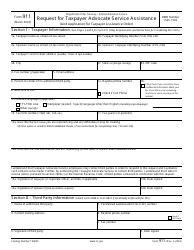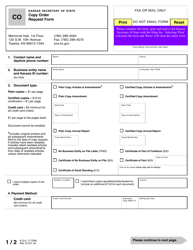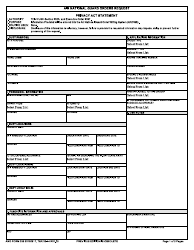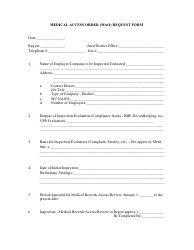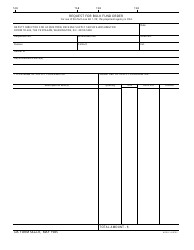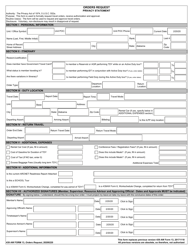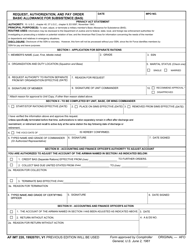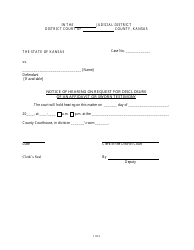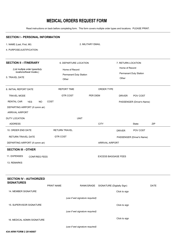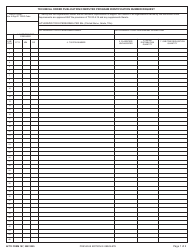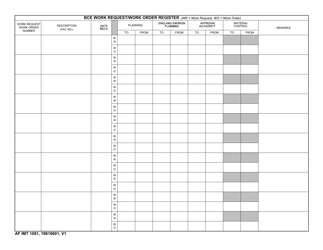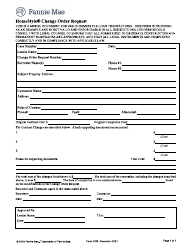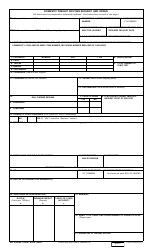Order on Request for Disclosure of an Affidavit or Sworn Testimony - Kansas
Order on Request for Disclosure of an Affidavit or Sworn Testimony is a legal document that was released by the Kansas District Courts - a government authority operating within Kansas.
FAQ
Q: What is the Order on Request for Disclosure of an Affidavit or Sworn Testimony?
A: It is an order in Kansas that deals with the request for disclosure of an affidavit or sworn testimony.
Q: Who can file a Request for Disclosure of an Affidavit or Sworn Testimony?
A: Any party to a lawsuit in Kansas can file a request for disclosure of an affidavit or sworn testimony.
Q: What is the purpose of filing a Request for Disclosure of an Affidavit or Sworn Testimony?
A: The purpose is to obtain the disclosure of an affidavit or sworn testimony from the opposing party in a lawsuit.
Q: What information should be included in the request?
A: The request should include the specific documents or testimony sought, the reasons for the request, and any supporting arguments or legal authority.
Q: What happens after the request is filed?
A: The court will review the request and may grant or deny the request based on the merits of the case and applicable laws.
Q: What can I do if my request is denied?
A: If your request is denied, you may seek further legal remedies or request a hearing to present your arguments to the court.
Q: Are there any specific deadlines for filing a request?
A: Yes, there are specific deadlines for filing a request for disclosure of an affidavit or sworn testimony in Kansas. It is important to review the relevant rules of civil procedure or consult an attorney to ensure compliance.
Q: Can I use the disclosed affidavit or sworn testimony as evidence in court?
A: Yes, if the request is granted and the affidavit or sworn testimony is disclosed, it can be used as evidence in court proceedings.
Q: Is it necessary to have an attorney to file a Request for Disclosure of an Affidavit or Sworn Testimony?
A: While it is not necessary to have an attorney, it is recommended to seek legal advice or representation, especially if you are unfamiliar with the legal process.
Q: Are there any fees associated with filing a request?
A: There may be filing fees associated with filing a request for disclosure of an affidavit or sworn testimony. It is advisable to check with the court or consult an attorney to determine the applicable fees.
Form Details:
- The latest edition currently provided by the Kansas District Courts;
- Ready to use and print;
- Easy to customize;
- Compatible with most PDF-viewing applications;
- Fill out the form in our online filing application.
Download a printable version of the form by clicking the link below or browse more documents and templates provided by the Kansas District Courts.
